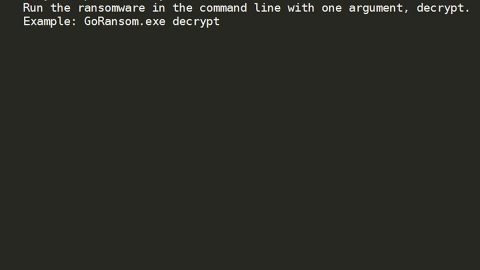When most users install antivirus software, they just assume their computer will be safe from that point forward. After all, many of these users have just paid $50 or $60 towards a year’s subscription for antivirus services, and they deserve to feel protected after spending that much money.
Unfortunately, a recent study claims that most antivirus programs provide a false sense of security. In a study published by PC security expert Jim McKenney, it was revealed that over 80% of computers infected with a virus already had antivirus software installed. Here’s a link to the PDF of that study.
Wow! That means out of every 5 computers that were infected with a virus, 4 already had antivirus software installed. Their users probably felt secure that they had downloaded antivirus software, but that sense of security was clearly false.
The study was performed on 603 infected computers located in a number of different states. It showed that viruses were often able to cripple whatever antivirus software had been installed. Here is a list of some of the worst offenders:

As you can see, Norton 360 was the number one offender, followed by AVG, Microsoft, and McAfee. All of these programs are big names in the security industry – in fact, they are the biggest names in the PC security industry. And the fact that viruses were easily able to disable or cripple them in order to bypass system security is very frightening.
PC Cleaner Pro was an exception
Take a look at the graph above once more. Do you see PC Cleaner Pro on that list? No! Viruses were unable to disable or cripple computers with PC Cleaner Pro installed. Of course, PC Cleaner Pro isn’t strictly an anti-malware program, but it still managed to beat some of the biggest names in the industry at their own game.
So what can you learn from this? Well, instead of spending $50 or more on your next antivirus purchase from a major PC security company like Norton or AVG, try downloading PC Cleaner Pro instead. It might be the difference between your computer becoming infected with a virus or being able to avoid malware threats.










